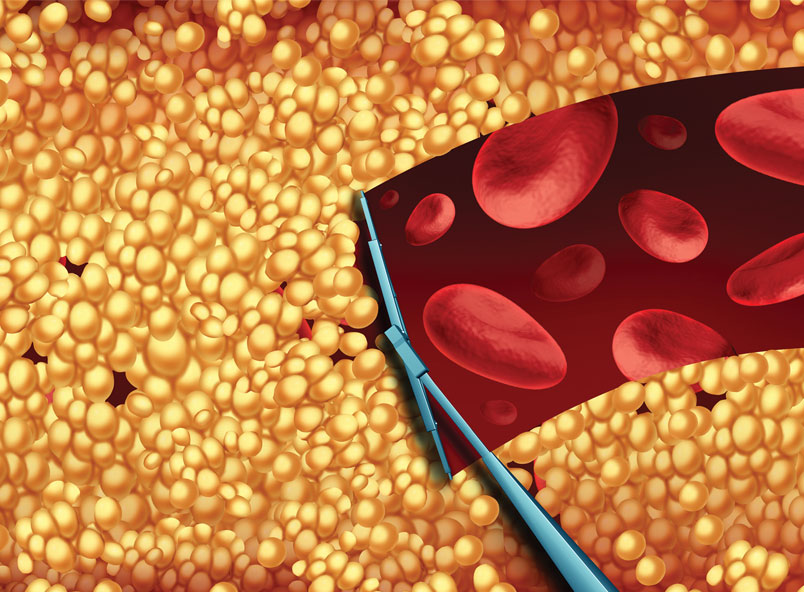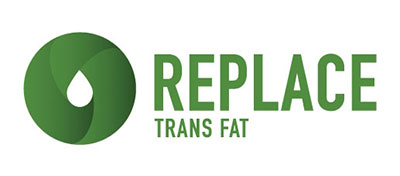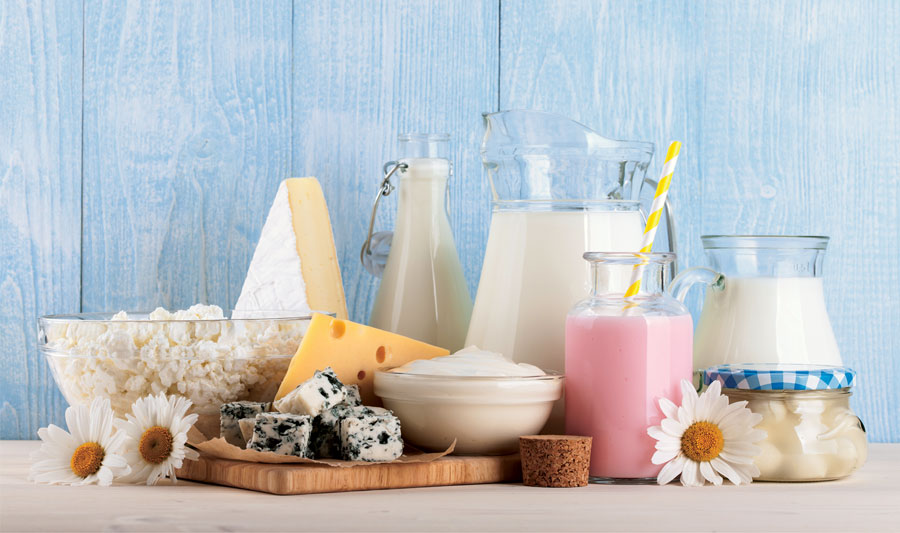



In global food supply
October, 2018 in Health, Issue 3 - 2018
The World Health Organisation (WHO) has released ‘REPLACE’, a step-by-step guide to eliminating industrially-produced trans fats from the global food supply. This is key to protecting health and saving lives, it says. The global body estimates that, every year, trans fats intake leads to more than 500,000 deaths from cardiovascular disease.
Industrially-produced trans fats are contained in hardened vegetable fats, such as margarine and ghee. These are most often used in making snacks, baked foods and fried foods due to a longer shelf-life than other fats. However, healthy alternatives can be used that would not affect the taste or cost of food.
WHO Director-General Dr Tedros Adhanom Ghebreyesus says in a statement: “WHO calls on governments to use the REPLACE action package to eliminate industrially-produce [trans fats] from the food supply. Implementing the six strategic actions in the REPLACE package will help achieve the elimination of trans fat[s], and represent a major victory in the global fight against cardiovascular disease [CVD].

REPLACE is aimed at ensuring the prompt, complete and sustained elimination of industrially-produced trans fats from the global food supply. It calls on actors to:
Several high-income countries have virtually eliminated industrially-produced trans fats through legally imposed limits on the amount that can be contained in packaged food. Some governments have implemented nationwide bans on partially hydrogenated oils, the main source of industrially-produced trans fats.
In Denmark, the first country to mandate restrictions, the trans fats content of food products has declined dramatically and CVD deaths have declined more quickly than in comparable OECD countries.
‘Rectify weak controls’
Action is needed in low- and middle-income countries, where controls of use of industrially-produced trans fats are often weaker, to ensure that the benefits are felt equally around the world.
WHO Global Ambassador for Non-communicable Diseases, Michael R Bloomberg, said: “Banning trans fats in New York City helped reduce the number of heart attacks without changing the taste or cost of food, and eliminating their use around the world can save millions of lives.
“A comprehensive approach to tobacco control allowed us to make more progress globally over the last decade than almost anyone thought possible – now, a similar approach to trans fats can help us make that kind of progress against [CVD], another of the world’s leading causes of preventable death.”
Elimination of industrially-produced trans fats from the global food supply has been identified as a priority target of WHO’s strategic plan, the draft 13th General Programme of Work, which will guide its work from 2019-23.
As part of the UN’s Sustainable Development Goals, the global community has committed to reducing premature death from non-communicable diseases by one-third by 2030. Global elimination of industrially-produced trans fats can help achieve this goal.

“Why should our children have such an unsafe ingredient in their foods?” asks Dr Tedros. “The world is now embarking on the UN Decade of Action on Nutrition, using it as a driver for improved access to healthy food and nutrition. WHO is also using this milestone to work with governments, the food industry, academia and civil society to make food systems healthier for future generations, including by eliminating industrially-produced trans fats.”
There are two main sources of trans fats: natural (in the dairy products and meat of ruminants such as cows and sheep); and industrially-produced (from partially hydrogenated oils).
WHO recommends that the total trans fats intake be limited to less than 1% of total energy intake, or less than 2.2gm/day with a 2,000-calorie diet. Diets high in trans fats increase heart disease risk by 21% and deaths by 28%.
Source: WHO, May 14, 2018
This is an edited version of the news release.